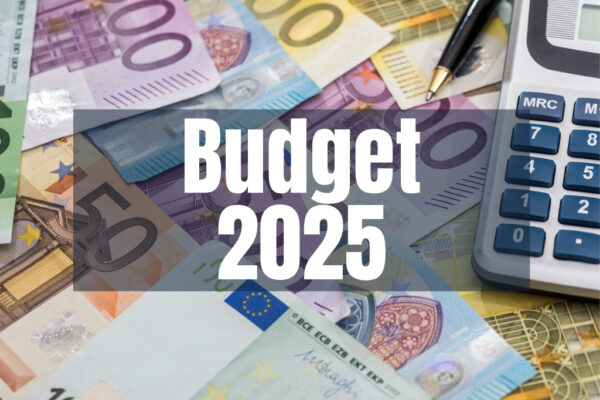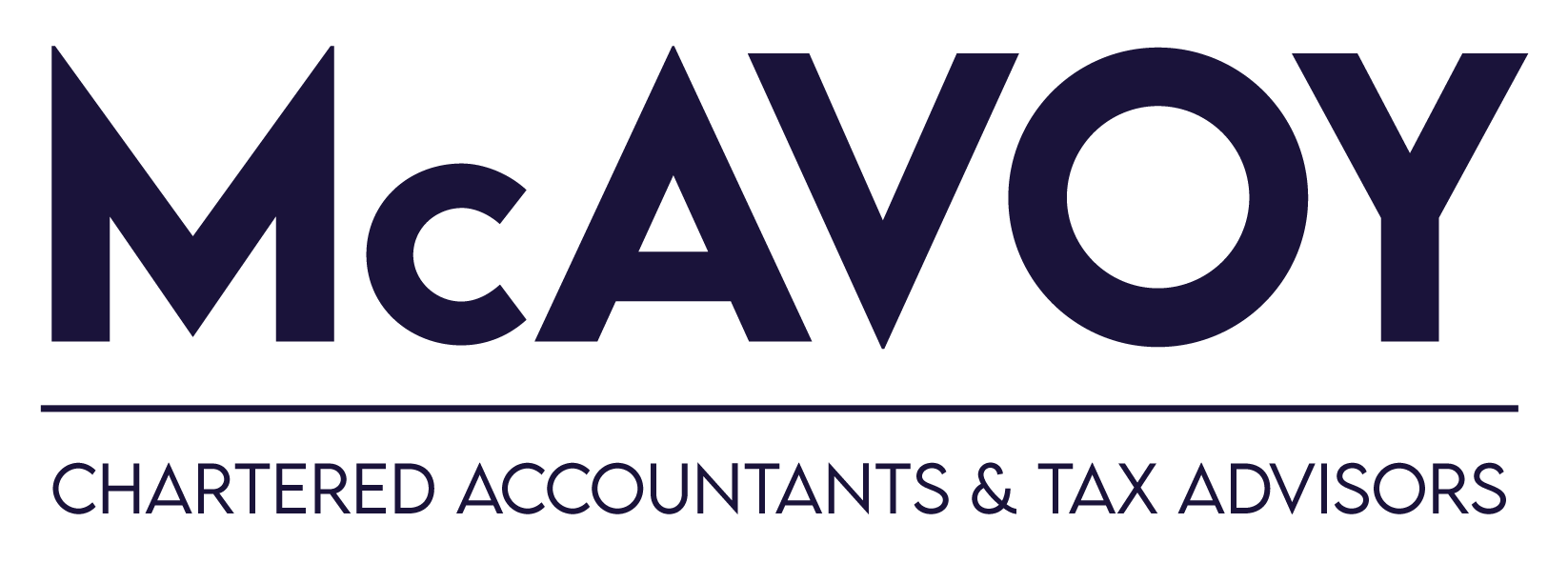
It would be nice to think that Minister Chambers was correct when he declared that start-up and scaling businesses are the backbone of this country. Unfortunately, there are not enough strong small and medium enterprises (SMEs) to form an effective backbone, instead it’s the multinational sector that does this. Before the SME sector can become the country’s backbone it needs help.
The Budget Speech set out to provide this help by focusing on incentives to provide capital. Thus, the Employment Investment Incentive or EII, the Start-Up Relief for Entrepreneurs and the Start-Up Capital Incentive were all increased and extended for a further two years. The CGT relief for investors in innovative start-ups was increased so that the lifetime limit on gains rises from €3 m to €10 m.
Unfortunately, the Speech said nothing about improving the reliefs that, in practice, need the most attention, the KEEP share option scheme and the Revised Entrepreneur Relief.
First the KEEP scheme. It’s no secret that Ireland has a two-tier economy. We have enjoyed immense benefits from our first-class multinational sector, the envy of all our neighbours. But it’s not always appreciated that it competes for resources with our indigenous sector. And the competition is most acute in the field of employment.
No SME can match the remuneration package that most multinationals can wield. This is where the KEEP scheme should be capable of levelling the playing field. It does this by providing that there is no tax charge on the date of grant or exercise of a KEEP share option granted to an employee. Instead, a charge arises only on the disposal of the shares acquired under KEEP. In this way, an employee can be incentivised to work for an SME in the hope of making a killing when its shares are sold.
So far so good. The problem that arises concerns the restrictions imposed on the type of activity that qualifies for the scheme. For example, trades that are composed of financial activities, building or construction and professional services are all excluded from the scheme. Attracting talent into trades like these is vital for a growing economy, so their exclusion makes little sense.
As far as Revised Entrepreneur Relief is concerned, it offers a tax rate of 10% on the first €1 m of gain from the disposal of qualifying business assets. This is good in itself; however we share a land border with the UK, and it offers the same rate on gains of up to €5 m. In light of this, it’s not difficult to envisage smart, young entrepreneurs making the decision to set up business in Belfast rather than in Dublin.
Each of these points would represent a working improvement to what’s already there. They also illustrate the point that it’s not enough to put an incentive on the statute book and then forget about it. To operate properly, reliefs such as these need to be amended and made commercially effective before the SME sector can become the country’s backbone.
To read the full McAvoy & Associates 2025 Budget briefing, please Click Here.

